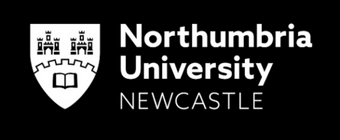his programme has been endorsed by the College of Operating Department Practitioners (CODP) and approved by the sector Regulatory Body, The Health and Care Professions Council (HCPC).Our Operating Department Practitioner (ODP) Degree Apprenticeship equips apprentices with the skills and knowledge required to provide care to patients during the three phases of perioperative practice whilst in full-time paid employment. Areas include:
- Anaesthetics
- Surgery
- Post-Anaesthetic Care
At Northumbria we offer this apprenticeship as a three year course as standard, however, we also offer a two year study programme for those apprentices who already have prior experience. See our Entry Requirements for further details. The apprenticeship equips apprentices with the skills required to become a practising ODP, in addition to addressing complex patient groups, such as older persons and those with multiple health problems. The programme ensures apprentices are able to demonstrate compassionate, safe, evidence-based patient care and focuses on the use of new technologies within the operating theatre and the new ways of working within the profession.














